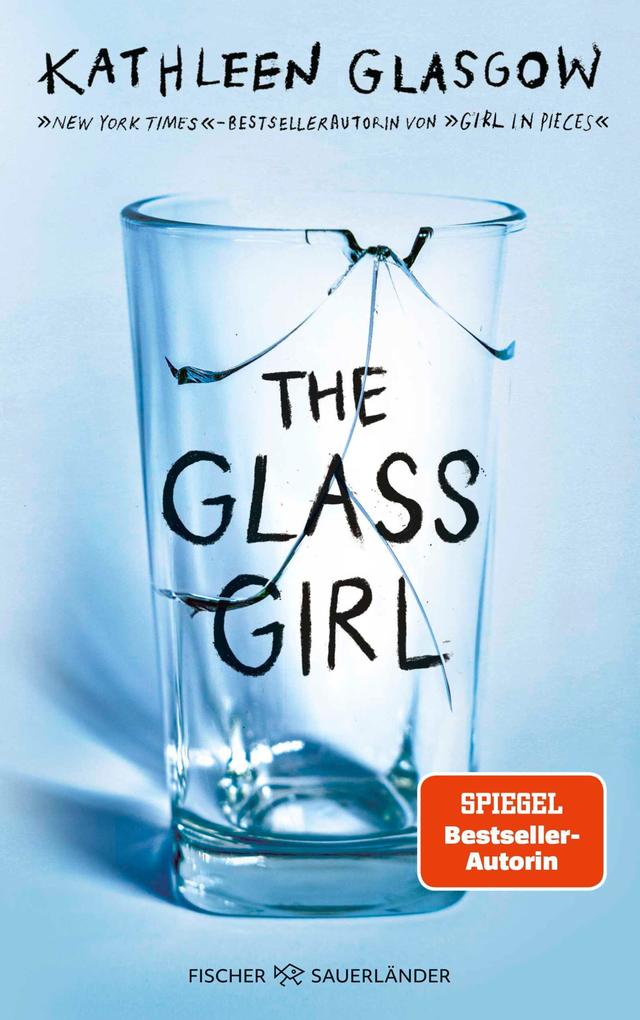Der neue Roman von der Autorin der TikTok-Sensation »Girl in Pieces«
Die Eltern der 15-jährigen Bella kämpfen nach ihrer Trennung mit ihre eigenen Sorgen, und Bella tut was sie kann, um keine zusätzliche Last zu sein. Man wird mehr geliebt, wenn man unkompliziert ist, stimmt's? Doch dann stirbt Bellas Oma, der einzige Mensch, bei dem sie nichts musste, sondern einfach nur sie selbst sein konnte. Und ihre große Liebe Dylan sagt diesen einen Satz, nach dem es kein Weiter gibt . . . Aber Bella muss weitermachen, sie ist für so vieles verantwortlich. Zum Glück hat sie ein Geheimnis, das alles leichter macht. Etwas, das ihren Schmerz lindert.
Die Autorin des Weltbestsellers »Girl in Pieces« erzählt in ihrem neuen herzzerreißenden Roman die Geschichte eines Mädchens, das trinkt, um weniger zu fühlen.












